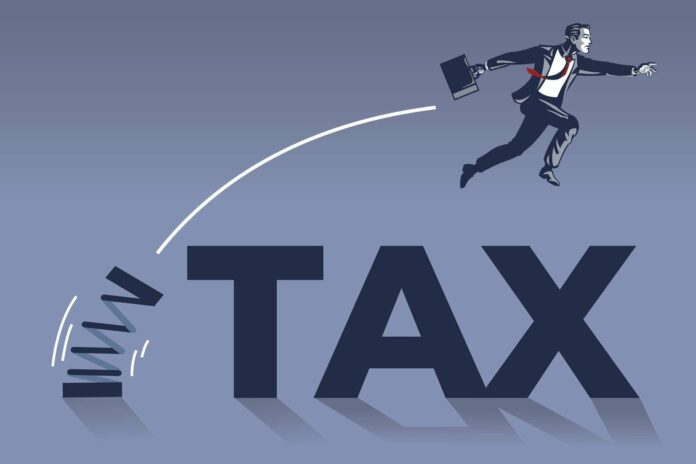Taxation can be traced back to ancient civilisations such as Mesopotamia, Egypt, Greece and Rome where taxes were collected in the form of labour, produce and tribute paid to rulers.
In Kenya, taxation can be traced back to the colonial era that’s 19th Century when various forms of levies were imposed by local rulers and chiefs such as land tax and hut tax among other levies.
In 1973 Kenya implemented the Income Tax Act which established the framework for income tax rates and deductions.
In recent years, Kenya has undertaken various tax reforms and modernisation initiatives to streamline the tax system to improve tax administration and collection through the introduction of electronic taxes such as iTax.
Definition of Corporate tax
This is the tax levied on profits of incorporated businesses operating within the country’s jurisdiction. This revenue plays a critical role in financing public services, infrastructure development, and social programs.
Big business lesson I learned after losing money in joint potatoes investment
Corporate Tax Rate
- The standard tax rate for corporate tax is 30% for resident Companies in Kenya
A company is considered a resident in Kenya if it is incorporated under Kenyan Law or if the management and control of its affairs are exercised in Kenya for any given year of income.
- Non-resident companies are subject to corporate income tax of 30% from 37.5% effective from 1st January 2024 according to the Finance Act 2023. This was a move to encourage more foreign investments in Kenya.
A non-resident company is a company that’s incorporated outside Kenya and does not have its management and control exercised within Kenya.
- In the Finance Act 2023, there was the incorporation of the corporate Income tax rate of 10% for companies undertaking to manufacture human vaccines effective from 1st January 2024.
- Companies operating in special economic zones enjoy a reduced corporate tax rate of 10% in the first ten years of operations, after the 10th year they will pay corporate tax at the rate of 15%
Special economic zones are designated geographical areas within a country subject to unique economic regulations and incentives aimed at attracting foreign direct investment, promoting industrialisation, fostering economic growth and boosting exports.
These zones specifically offer business benefits such as tax exemptions, streamlined custom procedures, relaxed regulations, infrastructure support and other incentives to encourage investment and trade.
- Export Processing zones which do not engage in commercial activities are exempted from paying corporation tax for 10 years, which after corporate tax will be at the rate of 25%
NB: Currently Income Tax does not offer a preferential tax regime for newly listed companies. The provisions were deleted effective 25th April 2020 by Tax Laws.
Exemptions group from paying the corporate tax
- Self-employed and sole proprietors not subject to corporate tax, are required to declare their total income in the year of Individual Income Tax Return.
- Partners do not pay corporate tax in the table income distribution to each partner, the share of profit and income is taxed accordingly.
- In case a company makes losses the losses are carried forward against future taxable income.
Narendra Raval’s Devki Group moves from KCB to Stanbic; gets Sh. 4.3bn financing
How to file for Corporate tax
- At the end of the accounting period, companies must have their books of account audited before filling for their annual return, corporate tax is filed online via iTax by filing an income tax return form (IT2C form) on or before the six months before the end of an accounting period.
- To calculate taxable income, companies must declare gross income earned throughout the year and deduct expenses that have been wholly or exclusively incurred in producing that income.
- When filing for company expenses you can only claim expenses that have been wholly or exclusively incurred in production of your income as guided by Income Tax Cap 470.
- If the annual projected tax liability exceeds Ksh.40,000 you should pay an instalment tax via iTax
Instalment Tax
Tax paid in advance in four equal instalments before the year of income is over and before the accounts of the business are prepared to establish the actual tax payable. The schedule for instalment Tax payments is as follows;
- 25% by the 20th day of the 4th Month
- 25% by the 20th day of the 6th Month
- 25%by the 20th day of 9th month
- 25% by the 20th day of 12th month
In conclusion, understanding how to calculate corporate tax in Kenya is vital for any business.
The Kenyan tax system can be complex but you can navigate it successfully through proper knowledge and compliance.
Ensure you meet your tax obligations through timely filing and payment and seek professional guidance if needed.









